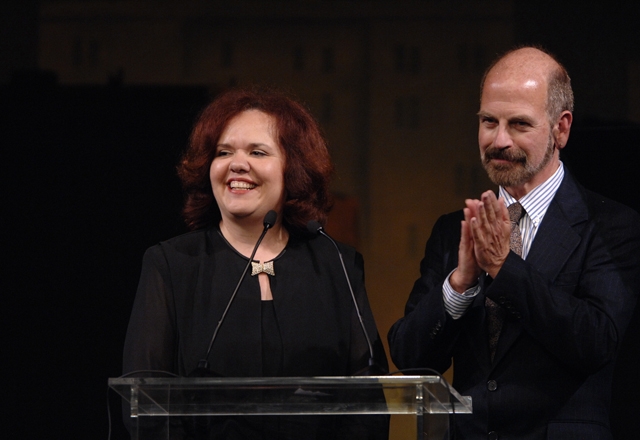The Media Access Office (MAO) was founded in Hollywood in 1979 by Fern Field Brooks, and Performers with Disabilities, a group of experienced and aspiring entertainment professionals. The group included performers with a range of physical conditions (wheelchair users, amputees, hearing impaired, sight impaired) as well as neurological conditions (performers with Down syndrome, autism, Tourette syndrome).
MAO set as its missions to increase employment opportunities in front of the camera, as well as to change the way that persons with disabilities were portrayed in the movies and television.
MAO grew slowly during the 1990s and early 2000s from a small non-profit into a statewide program under the direction of and funding from the Governor’s Committee for Employment of Disabled Persons and its longtime director, Catherine Kelly Baird. In the past few years, MAO has downsized considerably due to state budget cuts. Still it remains very active in both the north and south of the state.

In the south, Gloria Castaneda, is the Program Director/Casting Liaison, working out of the Verdugo Jobs Center in Glendale, and her counterpart in the north is Dr. Douglas Gordy. who works out of the EDD office in Concord.
Gloria came to MAO from Universal Studios and focuses on movies and television. She works with casting agents on direct placements, and has over 1000 performers with disabilities on file. She oversees the range of career development programs-acting classes/workshops, screenwriting classes, acting resume writing assistance-operated by MAO.
Doug does some movie/television placements, but also has a focus on regional theatre in Northern California. This focus reflects both the prominence of regional theatre in the north and his own background, an undergraduate degree in theatre arts from UC Berkeley and a Ph.d from the University of Colorado.
Both Gloria and Doug volunteer a good deal of time to stay on top of industry news and upcoming industry projects, identifying opportunities in roles that explicitly involve disabilities and roles that do not. "We encourage our clients to compete for all roles, not only roles that are written with a disability in mind", Doug notes.
The employment rate for workers in California with serious disabilities has not fluctuated greatly over the past twenty years-unemployment among this group is estimated at over 65%. However, job opportunities are increasing for persons with disabilities in movies and television, and to a greater extent the portrayal of persons with disabilities is changing.
Take the disability/ability of autism. In the past few years autism has exploded in popular culture, with portrayals of persons with autism in popular fiction, television and movies. This current year alone has seen two movies, Temple Grandin and Dad’s In Heaven with Nixon, centered on a person with autism. Further, unlike the movie Rainman, which largely portrayed an autistic as an object of curiosity, these movies show persons with autism as bringing strengths to the job world and society.
The interaction of popular culture and the labor markets is a complex one. There is no question, though, that a greater presence of persons with disabilities in front of the camera will have impacts on hiring both within and beyond the entertainment industry.

